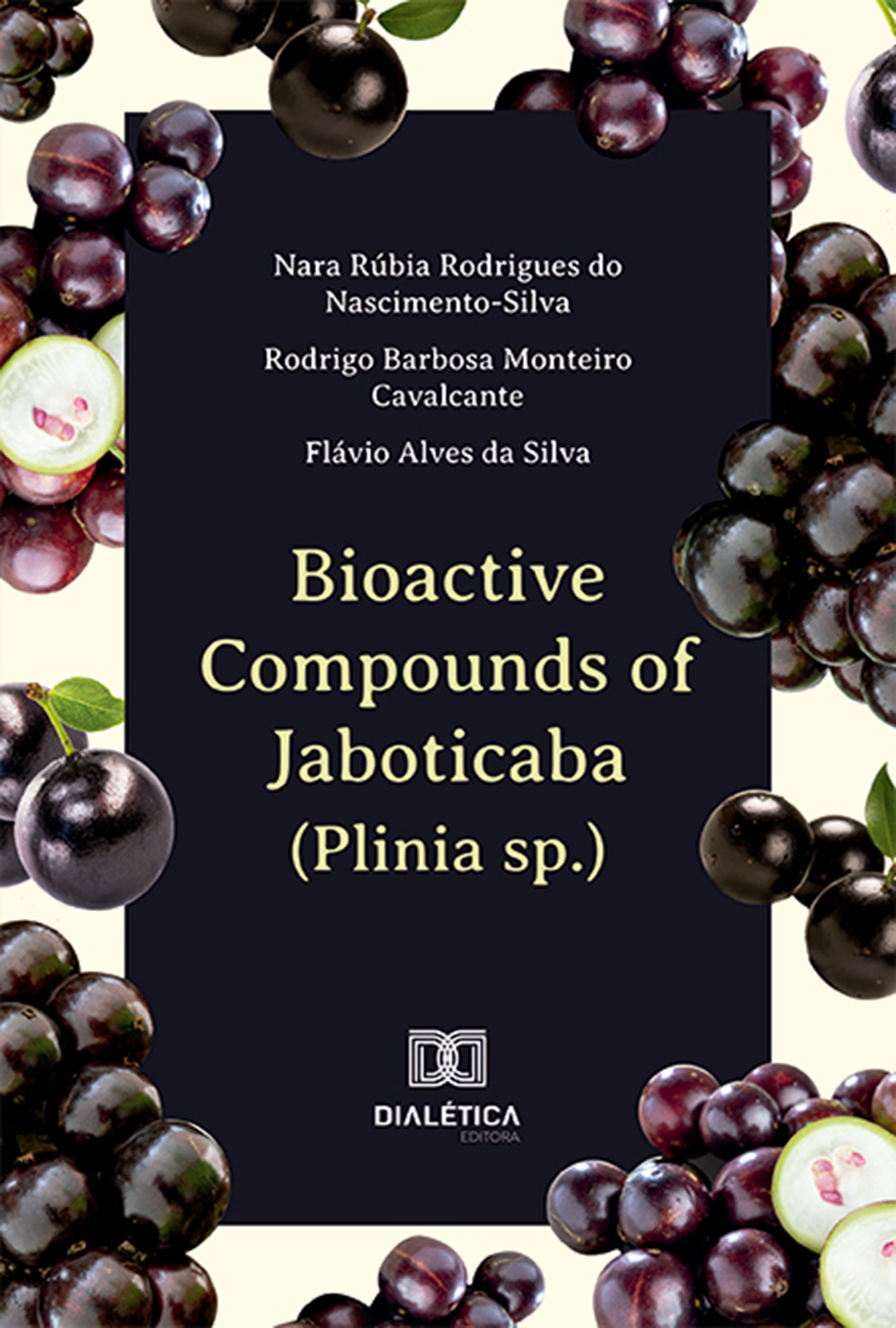The whole jaboticaba fruit stood out for its high levels of total polyphenols, mainly anthocyanins (cyanidin and delphinidin), ellagic acid, methylellagic acid, gallic acid, myricetin, quercetin, castalagin, pedunculagin and vescalagin. When evaluating the behavior of these compounds after in vitro digestion, it is observed that anthocyanins did not suffer as much in the salivary and gastric stages, but showed a significant reduction after the intestinal stage. However, a significant reduction in hydrolysable tannins was reported, but the hydrolysis of these compounds reflected an increase in gallic and ellagic acids contents. Plinia sp. presents moderate levels of carotenoids, but, only lutein and ß-carotene are found. In addition, no studies were identified that evaluated the bioavailability of these compounds in this food matrix.
